

Prime Minister of Barbados Mia Mottley is renewing calls for greater consideration for developing countries in securing coronavirus (COVID-19) vaccines and macroeconomic financing as the pandemic, and its continuing fallout, devastates smaller nations.
Mottley, a special guest to the virtual media briefing of the World Health Organization (WHO) in Geneva on Tuesday (April 6), said the Caribbean’s journey through the ravages of the pandemic has been “torturous”.
“In the Caribbean, our journey has been torturous over the last year, but the reality is our market size, in many instances, is too small to demand the attention of global pharmaceutical companies or, indeed, other suppliers of goods in the normal chain that will lead to therapeutics, vaccine distribution,” she asserted.
“The bottom line is, we have also, separately, been regarded by the global community as countries that have come out of the depths of poverty and therefore, not deserving of assistance in the traditional ways normally reserved for the most vulnerable,” the Bajan prime minister added.
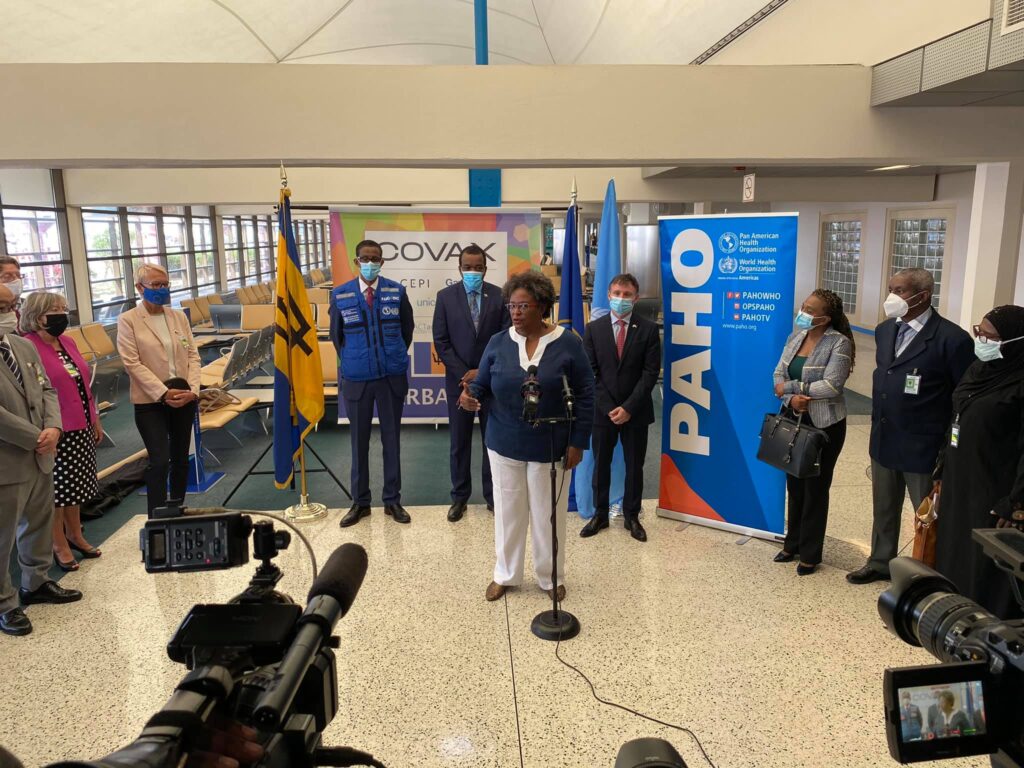
Acknowledging that “a collective battle” that is needed for victory against the coronavirus pandemic, Mottley contended whether, in coming together, world powers did enough “in sufficient time and on sufficient scale”.
“We have to ask whether equitable access to COVID-19 vaccines, tests and treatment, both within and between countries, is being achieved by countries of the region and the world,” Mottley said.
“This has made life most difficult. We have held on to the promise of COVAX and I come to you this morning having received the first tranche, but for many globally, this has been a difficult exercise, because as we have seen the spikes can literally grow. We have not had access, even when we are prepared to pay,” she continued.
Mottley further argued that as a region, heavily reliant on tourism and uncertain around its revival, many countries are feeling the pressure to finance respective post-COVID recovery budgets.

“The World Bank estimates that global GDP will fall by four per cent this year—between 40-60 million people entering poverty. Our reality is as a tourism and travel-dependent country, the fall in our GDP last year was not four per cent, not eight, 12 or 16 per cent—it was 18 per cent, threatening to take our country back more than a decade as a result of the loss of production capacity,” she said.
“Regrettably, we continue to be seen as one of those countries that is not deserving to concessional capital; even as we face the most difficult crisis in a century,” Mottley added.
Prime Minister Mottley warned that the current pandemic is not the last, and, when it comes to an end, countries must learn from individual and collective experiences to ensure key mistakes made never be repeated in future.
“If we do not get the fundamental development equation correct, if we do not work together, if we do not appreciate that we can only work together, if we are to achieve a fairer and healthier world, then we run the risk of millions of persons [dying] again in circumstances where different policy responses or similar policy responses with different scale and pace of execution can hopefully have a different result in ensuring the less and less people will become victims to awful epidemics and pandemics,” she noted.
For his part, WHO Director-General Tedros Ghebreyesus noted that in the first 100 days of 2021, world leaders have not done enough to ensure vaccine equity as 190 countries globally have begun inoculation proceedings to date.
Calling the revelation that some countries are yet to administer a single dose “a travesty”, the WHO chief recommended five vital changes to slow the deadly pandemic.

Primarily, Tedros called for more investment in equitable vaccine access as well as COVID-19 test kits and oxygen treatment between and within countries. Building healthier and safer neighbourhoods, enhancing data and health information systems, further investments in primary healthcare, prioritising health and social protection for the most vulnerable were also among the five-tier directives.
To date, the WHO-backed COVAX Facility has delivered over 36 million doses to 86 countries, however, scaling up and evenhanded distribution remains a major barrier to ending the acute stage of the global outbreak.
“The effort to achieve vaccine equity will not stop this week. WHO will continue to call on governments to share vaccine doses and fill the US$22.1 billion gap in the ACT-accelerator for the equitable distribution of vaccines, rapid-tests and therapeutics,” he said.
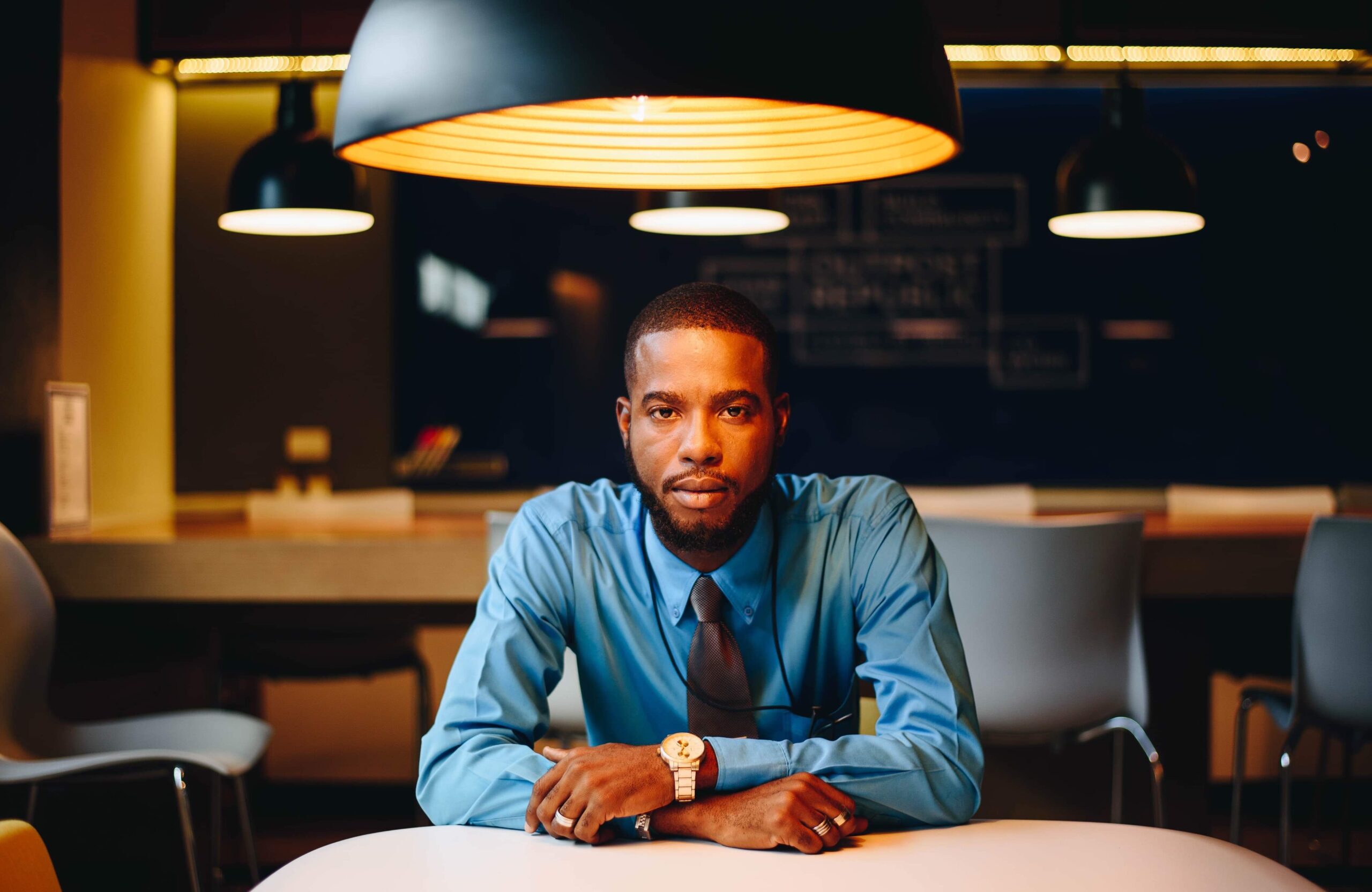
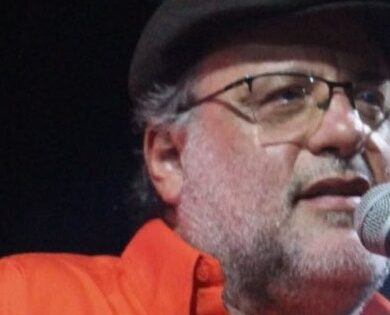

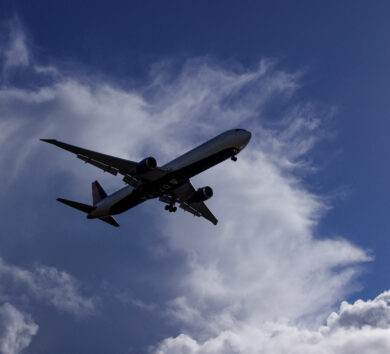
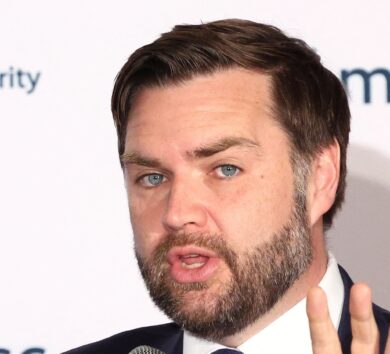
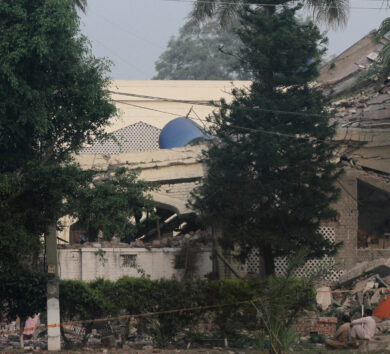
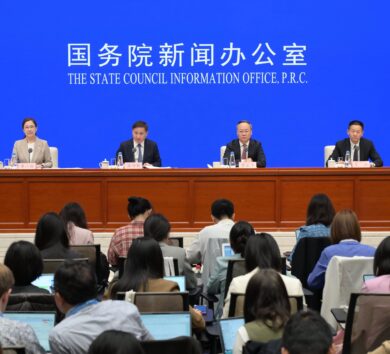
Comments